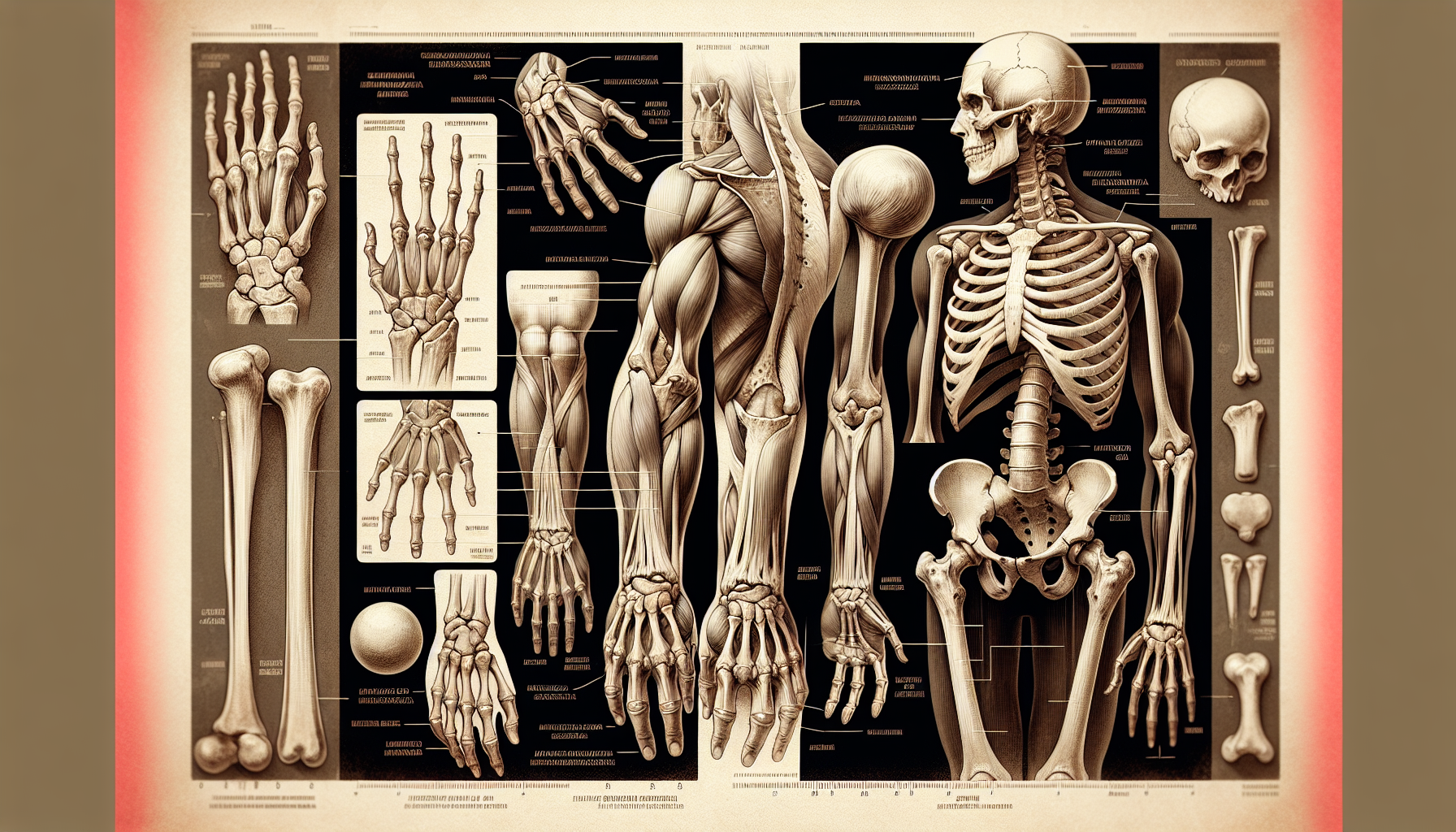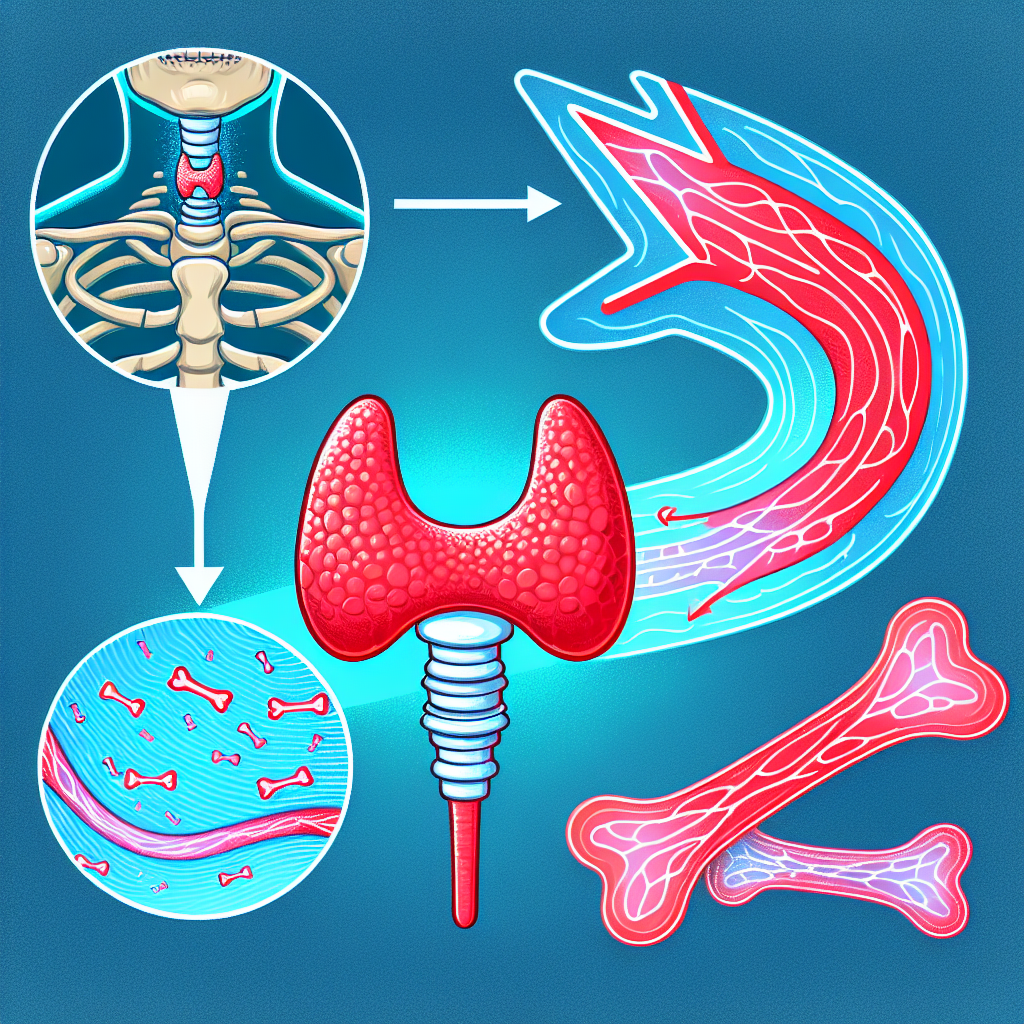Bone health is a crucial aspect of overall wellness, yet it often goes unackreciated until we encounter problems. Our skeletal system is the framework upon which our body is built, providing structure, protecting organs, anchoring muscles, and storing calcium. It’s a living, breathing tissue that undergoes constant metabolism and remodeling. In this comprehensive guide, we’ll explore the multifaceted role of bone health in maintaining our body’s equilibrium and the various factors that influence it.
The Cornerstone of Our Body’s Structure
Bones are not just inert pillars of calcium; they are dynamic organs involved in a myriad of bodily functions. They act as a repository for minerals, contribute to blood cell formation, and play a vital role in maintaining pH balance. Furthermore, they are central to our mobility, enabling us to perform everyday activities and engage in exercise, which is pivotal for maintaining overall fitness.
The Interconnectedness of Bone Health and Body Systems
The health of our bones is deeply intertwined with other body systems. For example, the cardiovascular system is responsible for delivering essential nutrients and oxygen to bones, while bones themselves can influence cardiovascular health through the release of bone-derived hormones. This complex interaction underscores the importance of maintaining bone health to support cardiovascular wellness.
Nutritional Balance and Bone Density
The food we consume has a direct impact on bone health. Calcium, vitamin D, and phosphorus are well-known for their role in building strong bones. However, other nutrients, such as magnesium, vitamin K2, and protein, are also essential. Diets that lack these nutrients can lead to decreased bone density and increased fracture risk. Conversely, nutritional guidelines for seniors emphasize the importance of these nutrients to support bone health as we age.
Hormonal Interactions and Bone Remodeling
Hormones significantly influence bone density. The thyroid hormone, for example, can affect how the body uses calcium and phosphorus, which are critical for bone strength. An overactive or underactive thyroid can lead to bone density issues. Understanding the impact of thyroid function on bone density is essential for anyone looking to maintain or improve bone health.
Physical Activity: A Keystone for Bone Strength
The axiom "use it or lose it" aptly applies to bone health. Weight-bearing exercises stimulate bone formation and retard bone loss. Regular physical activity, especially during the formative years, is crucial in achieving optimal peak bone mass, which can help delay the onset of osteoporosis. The impact of physical activity on bone remodeling is a testament to the dynamic nature of bones and their ability to adapt to the stresses placed upon them.
Environmental and Lifestyle Factors
Our surroundings and habits play a non-trivial role in bone health. Environmental factors such as exposure to pollutants and heavy metals can adversely affect bone density. Lifestyle choices, including smoking and excessive alcohol consumption, are detrimental to bone health, while stress management and mind-body practices can have a positive effect. Exploring how to support bone health with mind-body practices provides insight into alternative ways to bolster bone well-being.
The Impact of Plant-Based Diets
The composition of our diet, not just the nutrient content, influences bone health. Plant-based diets, when well-planned to ensure adequate intake of all necessary nutrients, can support healthy bones. The effects of such diets on bone health are a growing area of interest, as many seek dietary patterns that are sustainable and health-promoting. Researching the effects of plant-based diets on bone health is key for individuals considering or currently following this dietary lifestyle.
Chronic Illness and Bone Health
Chronic diseases can exert a profound impact on bone health. Conditions like rheumatoid arthritis, lupus, and diabetes can lead to bone loss, while medications used to treat these illnesses may compound the problem. Strategies for maintaining bone health in the face of chronic illness are crucial for patient quality of life. Resources like those discussing strategies for maintaining bone health in chronic illness provide valuable guidance for affected individuals.
The Role of Supplements in Bone Maintenance
In some cases, diet alone may not be sufficient to meet the body’s needs for bone health. Supplements can play a role in filling these gaps. Understanding the role of supplements in bone health is important, particularly for populations at risk of deficiencies, such as the elderly or those with absorption issues.
Advanced Understanding Through Imaging Techniques
Innovations in imaging techniques have enhanced our understanding of bone health. These technological advancements allow for earlier detection of bone density changes, enabling proactive interventions. The advances in bone density imaging techniques highlight the importance of early and accurate assessment in the management of bone health.
Conclusion
Bone health is a pillar of overall wellness, intricately linked to numerous aspects of our health and quality of life. By understanding the factors that influence bone health and taking proactive steps to maintain it, we can support our body’s structure and function throughout our lives. Remember, the foundation of good health is built on strong bones.



